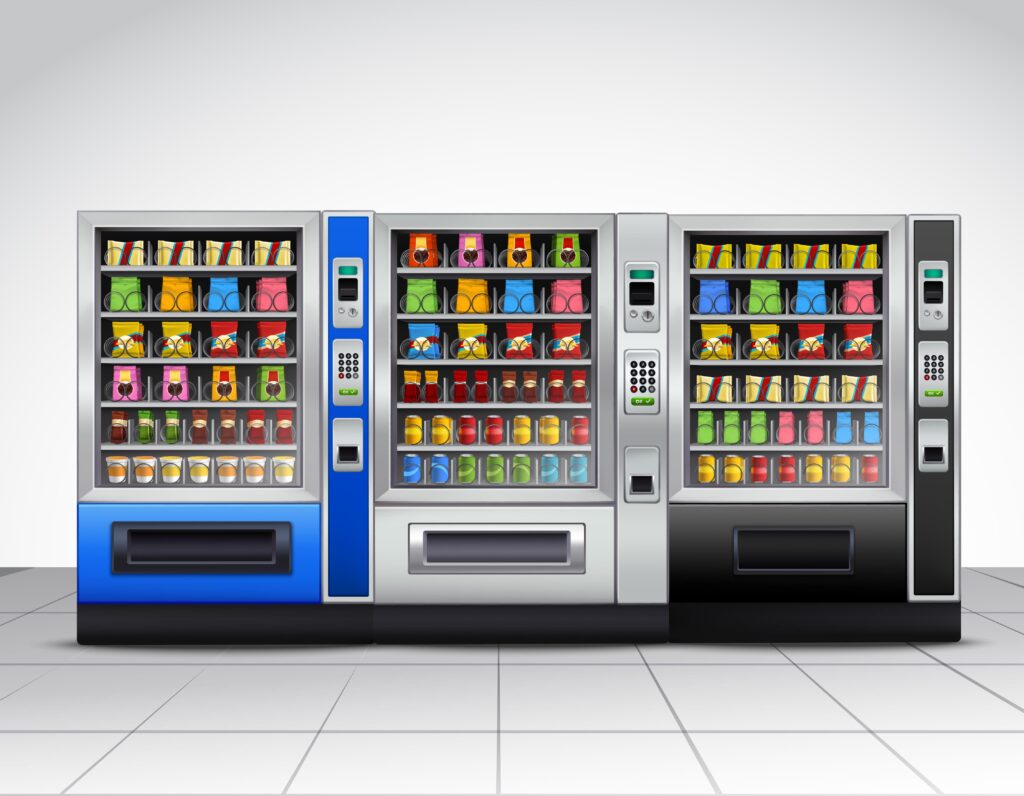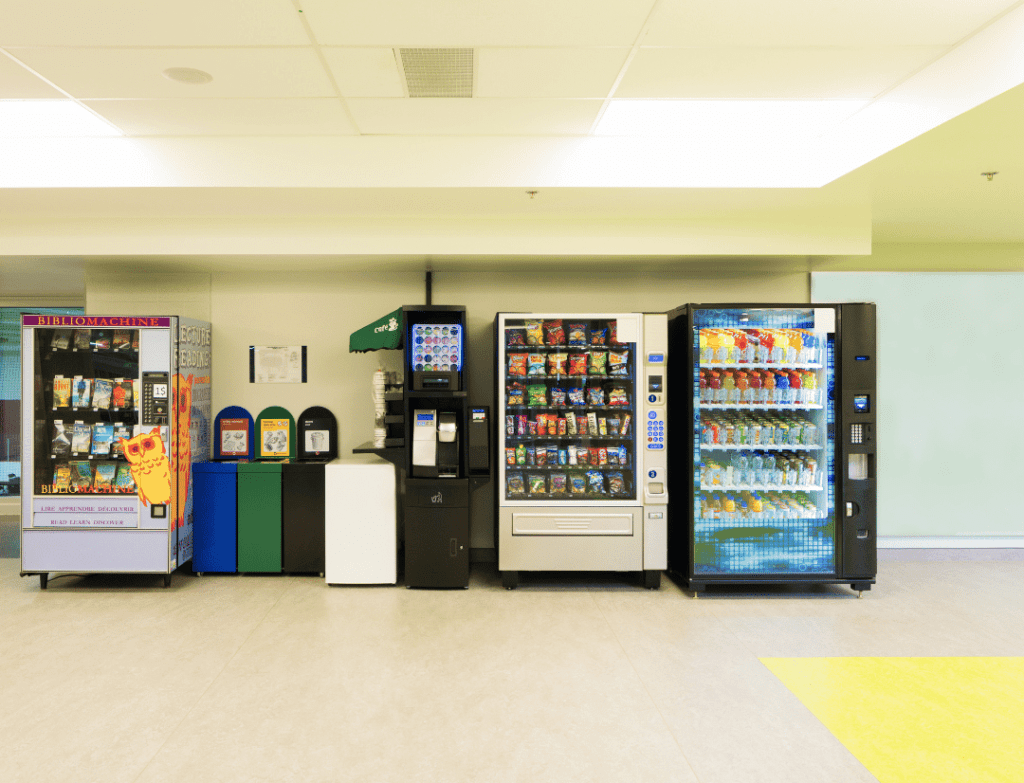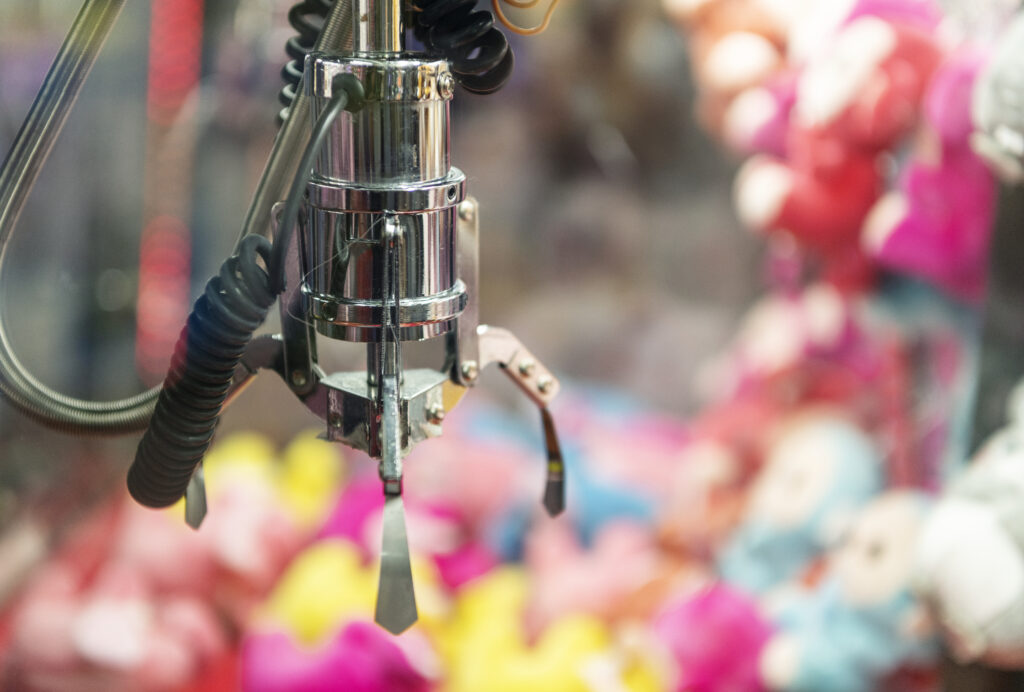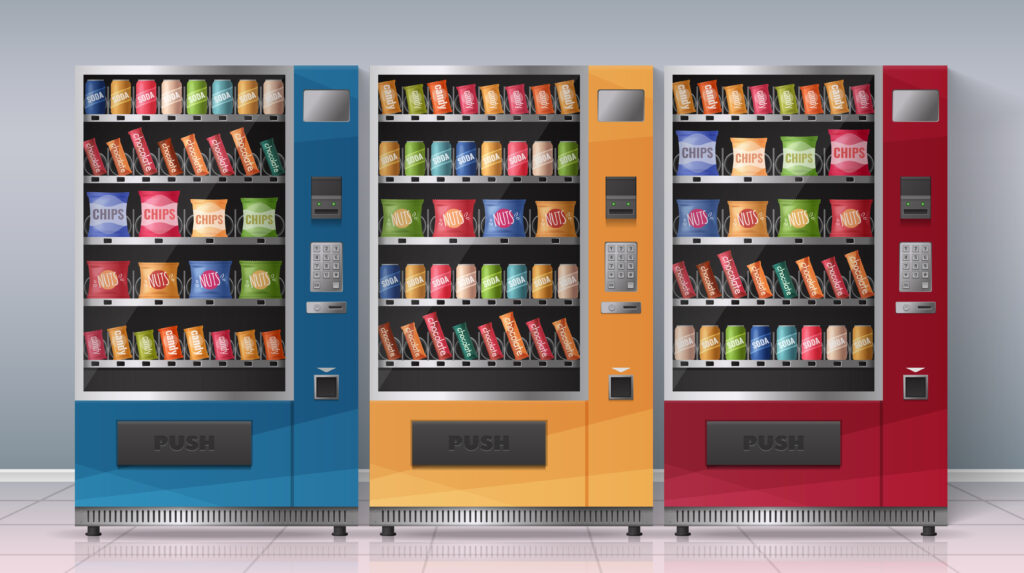El análisis financiero a corto plazo revela el dinamismo, la adaptabilidad y la exposición al riesgo de una empresa. Mientras que las instantáneas de un solo año pasan por alto los cambios estructurales, un horizonte de dos años equilibra la actualidad con la validación de tendencias. La evaluación del rendimiento a lo largo de dos ejercicios fiscales permite obtener información práctica sobre la rentabilidad, la eficiencia, la liquidez y la evolución de la estructura de capital. Marco analítico: Métricas fundamentales rastreadas a lo largo del tiempo. Un análisis de dos años debe priorizar la comparabilidad.
Archivos de Categoría: Business Planning & Strategy
Guías sobre estructuración financiera de empresas para el crecimiento y la estabilidad.
Una empresa de limpieza de piscinas opera con un modelo de servicio recurrente de alta retención, donde la rentabilidad depende de la densidad de rutas, la eficiencia de los técnicos y la facturación mensual contractual. Con bajos gastos de capital y un inventario mínimo, el modelo genera un sólido flujo de caja al estructurarse en torno a la agrupación geográfica, la venta de servicios adicionales y una programación ajustada. Las ganancias se obtienen mediante el volumen recurrente y el control de la mano de obra.
Un negocio de máquinas expendedoras es una de las maneras más eficientes en términos de capital para generar ingresos recurrentes y semipasivos. Con bajos costos generales, mínimas necesidades de personal y una economía unitaria escalable, los operadores exitosos pueden construir carteras de microminoristas altamente rentables. Sin embargo, los ingresos reales varían considerablemente según la calidad de la ubicación, la gama de productos y la eficiencia de las rutas. Este análisis desglosa exactamente cuánto...
Un negocio de máquinas expendedoras opera en un formato minorista semipasivo de alto margen, donde la rentabilidad depende de la velocidad de los SKU, la calidad de la ubicación y la eficiencia del reabastecimiento. Con bajos requisitos de mano de obra y un potencial de ingresos 24/7, el modelo es ideal para zonas de alto tráfico, siempre que los operadores mantengan un estricto control del costo de los productos vendidos (COGS), minimicen las roturas de stock y gestionen las rutas centralizadas. Las ganancias no provienen del volumen, sino...
Una lavandería opera en un segmento de servicio repetido, basado en la ubicación, donde la rentabilidad depende del rendimiento de las máquinas, la disciplina en la fijación de precios de la carga y el control de los costos de los servicios públicos. Si bien el gasto de capital es relativamente alto debido a la inversión en equipos, el modelo escala eficientemente mediante el autoservicio, la entrega a domicilio y ofertas de valor añadido como el planchado o la entrega a domicilio. La rentabilidad se basa en la utilización de las máquinas por hora, no en el cliente.
Un negocio de máquinas de garra opera como un modelo de entretenimiento de bajo gasto de capital e ingresos pasivos, donde la rentabilidad depende del volumen de colocación, el costo de obtención de premios y la calibración del ciclo de pago. Los márgenes son estructuralmente altos debido al bajo costo de los bienes vendidos (COGS) y los mínimos requisitos de mano de obra, pero el éxito depende de la densidad de tráfico, el tiempo de funcionamiento de la máquina y la disciplina de mantenimiento. El modelo escala mediante la replicación de unidades, no...
Un negocio de sillones de masaje opera en la intersección del arrendamiento minorista y la venta de microservicios, donde la rentabilidad depende de la afluencia de clientes, la eficiencia del tiempo de funcionamiento y los ingresos por metro cuadrado por hora. El modelo ofrece márgenes atractivos gracias a la mínima mano de obra, el bajo mantenimiento y los sistemas de pago automatizados, siempre que el operador seleccione ubicaciones de alta conversión y mantenga intervalos de servicio ajustados.
Un negocio de quiosco automatizado opera en un formato semipasivo de alto margen, donde la rentabilidad depende de los márgenes del producto, la conversión de clientes y la eficiencia del tiempo de actividad. Ya sea que el quiosco venda refrigerios, productos electrónicos, cosméticos o accesorios para teléfonos, el éxito depende de la calidad de la ubicación, la optimización de SKU y la rotación del inventario, no del volumen total. El modelo escala horizontalmente mediante la replicación, no mediante la mano de obra. Configuración de activos.
El análisis de transacciones precedentes (ATP) es un método de valoración basado en el mercado que deriva el valor implícito de una empresa a partir de transacciones históricas de fusiones y adquisiciones (M&A). A diferencia de las comparaciones comerciales, que reflejan las valoraciones actuales de las empresas que cotizan en bolsa, el ATP captura las primas de control y la dinámica específica de cada operación. Es una herramienta fundamental en las negociaciones de M&A, las opiniones de imparcialidad y la planificación estratégica. Mecánica del modelo: Estructura, entradas y salidas. Un modelo bien construido.
El comercio de comparables ofrece un punto de referencia basado en el mercado para la valoración de empresas privadas o públicas. El método se basa en la valoración relativa: comparar las métricas financieras de una empresa con las de empresas similares para inferir su valor implícito. Se utiliza en fusiones y adquisiciones, análisis de renta variable y fijación de precios de salidas a bolsa debido a su simplicidad, rapidez y alineamiento con las expectativas de los inversores. Diseño del modelo: Núcleo












